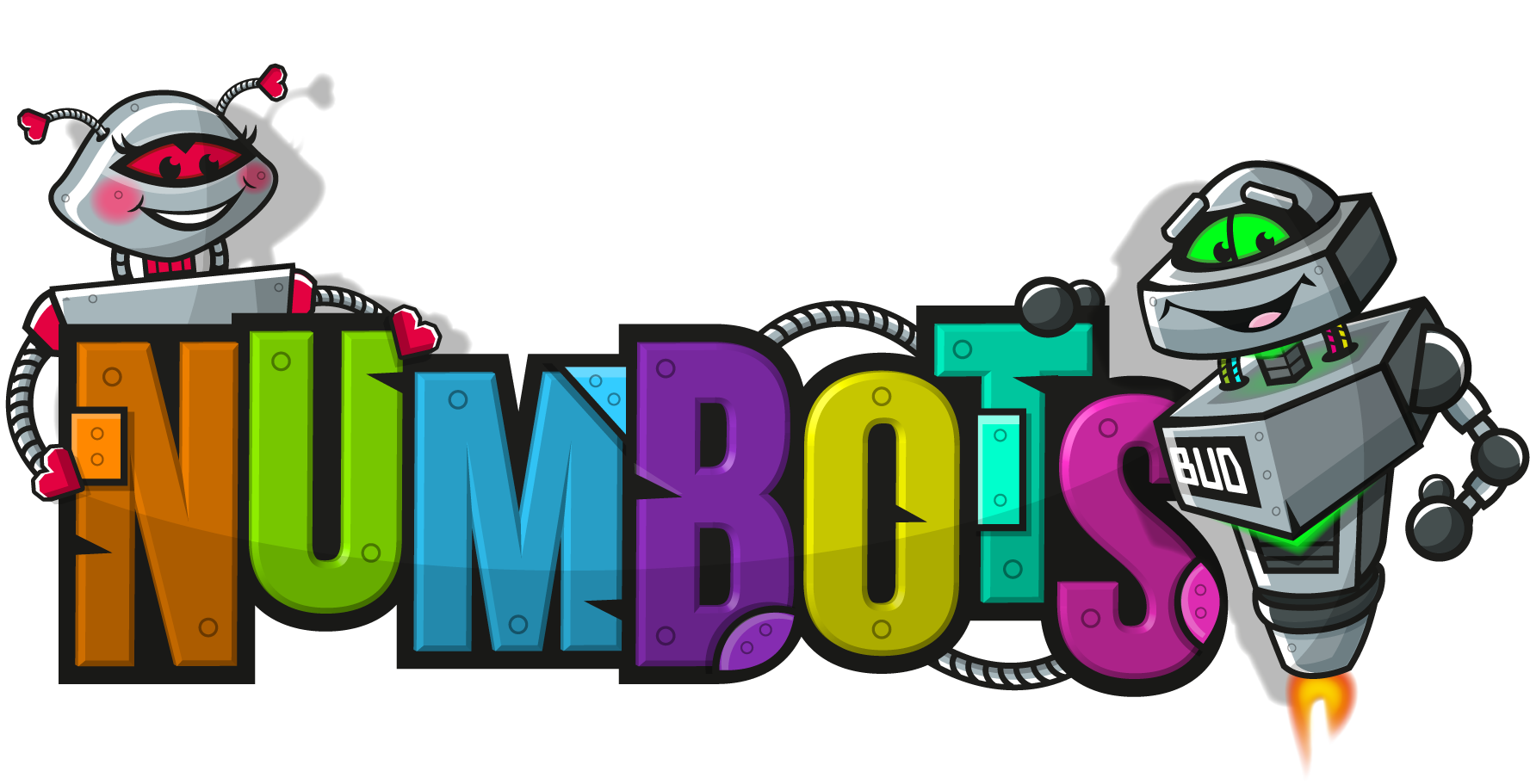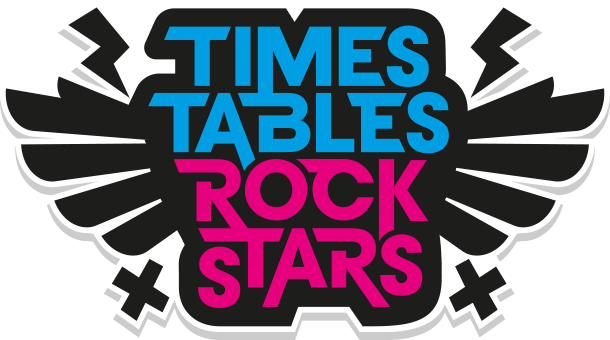Mathematics
Intent
Maths is a creative and highly interconnected discipline that has been developed over centuries, providing the solution to some of history’s most intriguing problems. It is essential to everyday life, critical to science, technology and engineering, and necessary for financial literacy and most forms of employment. A high-quality maths education therefore provides a foundation for understanding the world, the ability to reason mathematically, an appreciation of the beauty and power of mathematics, and a sense of enjoyment and curiosity about the subject (National Curriculum 2014)
Our maths curriculum is shaped by the National Curriculum statement above and our school vision to
Love our neighbour
Shine and make a difference in the world
'Love your neighbour as yourself''
Luke 10:27
We appreciate the beauty and power of mathematics and it is our intention that all children will achieve and master mathematics, seeing themselves as mathematicians and succeeding individually. Children will demonstrate deep understanding by applying a variety of strategies that develop children’s conceptual understanding and procedural fluency side by side. Learning is broken down into small steps that enable children to develop conceptual knowledge.
They will:
- Become fluent
- Reason and explain mathematically
- be able to solve problems
We have adopted a research-based Teaching for Mastery approach that enables all children to become fluent mathematicians. Pupils will be able to reason mathematically and use their learning to solve a range of problems.
We will provide all children with full access to the curriculum, enabling them to develop independence, confidence and competence (mastery) in mathematics in order to be independent mathematicians.
We have adopted a research-driven Teaching for Mastery approach. This approach gives pupils the best chances of mastering mathematics. Please see the five fundamental elements diagram (5 Big Ideas) below, that underpins the Teaching for Mastery approach.

Implementation
Fluency and security in core knowledge allow for pupils to acquire a deep, long-term, secure and adaptable understanding of maths. In order for concepts to be mastered, concepts are taught through small, coherent, manageable steps with plenty of opportunity for challenge through rich and sophisticated problems. Mistakes and misconceptions are seen as an essential part of learning, along with a growth mindset - championing the message that... 'Everyone at Burton Leonard is a mathematician'.
Maths learning begins in EYFS (see EYFS curriculum button).
We deliver the National Curriculum using the NCETM’s Curriculum Maps for Year 1-Year 6. Maths is taught using the NCETM spines which focus on three key areas: Number, addition and subtraction; Multiplication and division and Fractions. All other areas of maths- measure, geometry and statistics – are integrated within the three key areas as a way of extending and exemplifying the core concepts.
We deliver the NCETM’s Mastering Number programme in EYFS and KS1, which focuses on additive facts and relationships. An additional fluency-based session is delivered across KS2, which focuses on multiplicative facts and multiplicative thinking; additional focus is applied to general arithmetic in Upper Key Stage 2. These programmes support children’s factual fluency.
Fluency and security in core knowledge ensures that our pupils will acquire a deep, long-term, secure and adaptable understanding of the subject. In order for concepts to be mastered, concepts are taught through small, coherent, manageable steps with opportunity for challenge through carefully selected challenging problems. A growth mindset approach is taken towards mistakes and misconceptions and every opportunity for this is seen as an opportunity to secure understanding.
Concrete materials, contexts, drawings, diagrams and equations are an essential part of the delivery of maths. These are discussed through opportunities for talk and develop reasoning, flexibility and adaptability in mathematical thinking. The deliberate practice of key facts are essential aspects of learning.
Impact
Our move to the NCETM enhances teacher subject knowledge and lessons are carefully planned and crafted to develop children’s understanding and application of mathematics.
Pupils are able to master maths, acquiring a deep, long-term, secure and adaptable understanding of the subject. Achieving mastery means acquiring a solid enough understanding of the maths that’s been taught to enable pupils to move on and deepen their knowledge further.
Children see themselves as able mathematicians and achieve and succeed.
Pre and post unit assessments are created using the Ready to Progress documentation.
Ready to progress criteria supports teachers in assessing whether the children have the required knowledge and understanding to further their learning for pre-teaching and over-learning within maths lessons.
Fluent in 5 is used by classes daily to revisit previous learning and check retention of learning. Cross curricular opportunities are also used for informal assessment
Pupils receive pre-teaching to enable access for all.
Summative assessments are implemented termly to support ongoing formative assessment.
The following monitoring systems are applied to monitor progress and impact:
- Learning walks
- Book looks
- Team planning sessions
- Pupil progress
- Pupil voice
Pupils will apply maths in their everyday lives, problem solve and become economically proficient citizens of the future.
Curriculum Maps
- Kestrels Curriculum Map - 2023 24
- Kestrels Curriculum Map - 2024 25
- Kites Curriculum Map - 2023 24
- Kites Curriculum Map - 2024 25
- Merlins Curriculum Map
- Y1 Curriculum Map
Supporting Learning of Number Facts

Pupils in EYFS, Year 1 and Year 2 access Numbots to support recall and understanding of number bonds and addition and subtraction facts, which are critical foundations in maths.
Supporting Learning of Multiplication Tables

In the summer term of Year 2 pupils are introduced to Timestables Rockstars.
All children in Key Stage 2 are encouraged to use Times Table Rockstars on a regular basis to support them with learning their times tables and building fluency. TT Rockstars is a carefully sequenced programme of daily times tables practice. The programme successfully boosts times table recall and is really motivational for the children.
